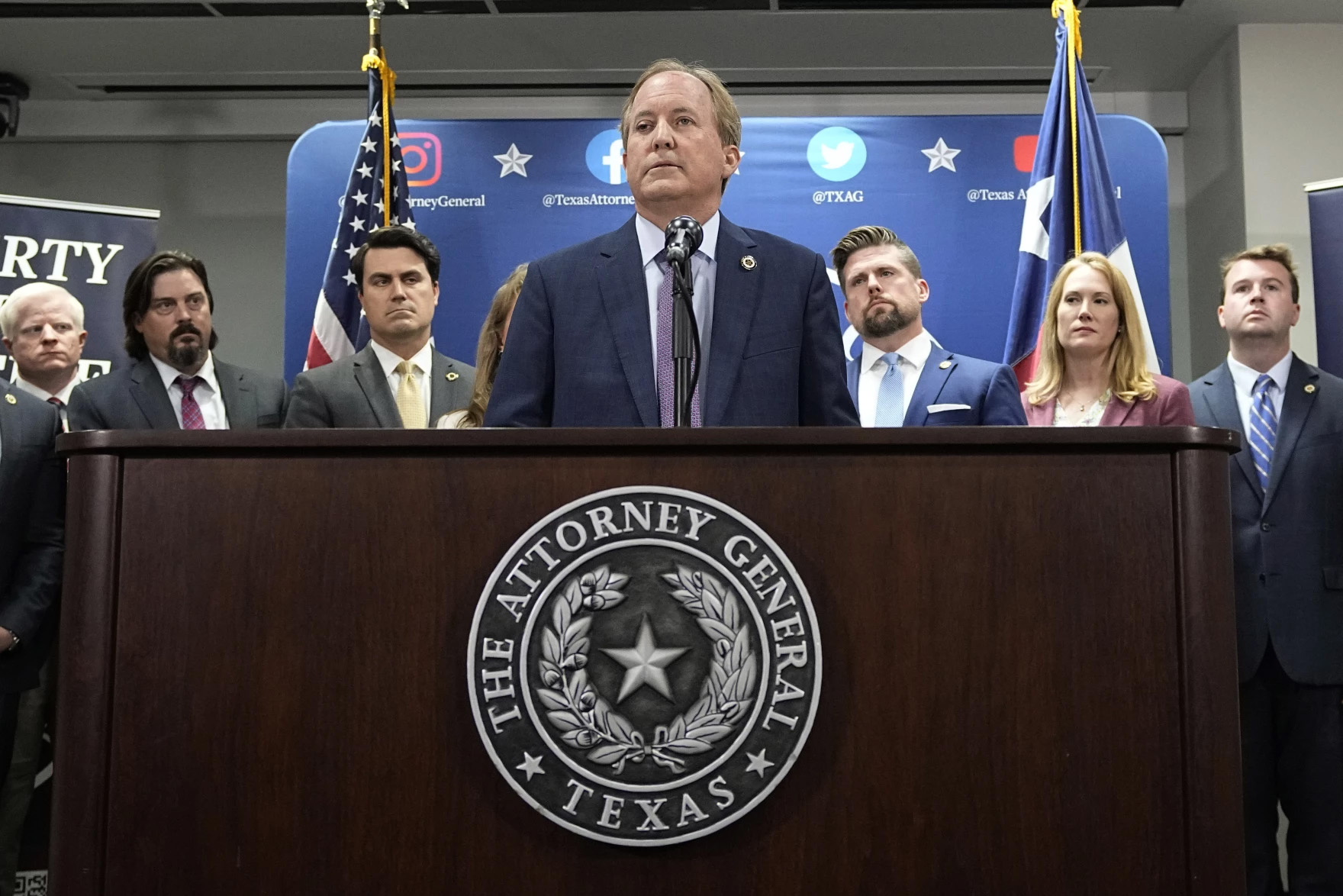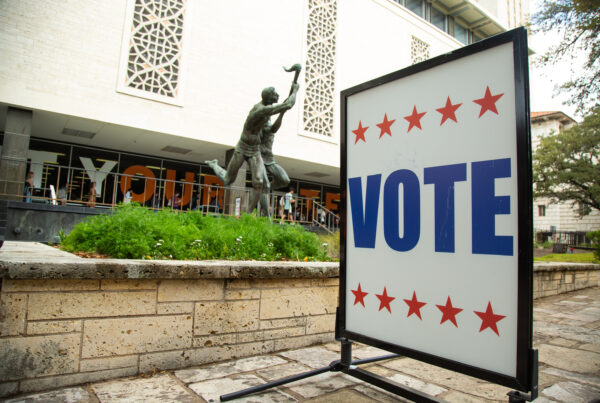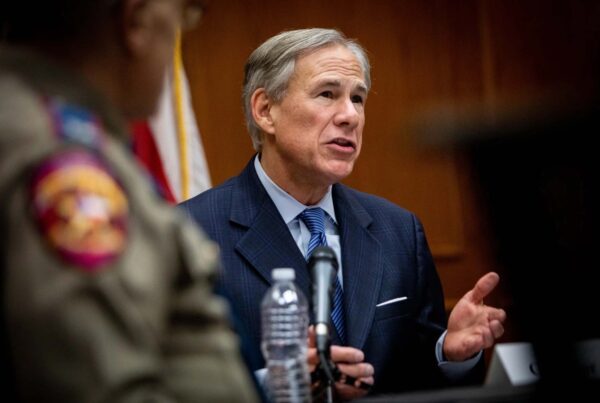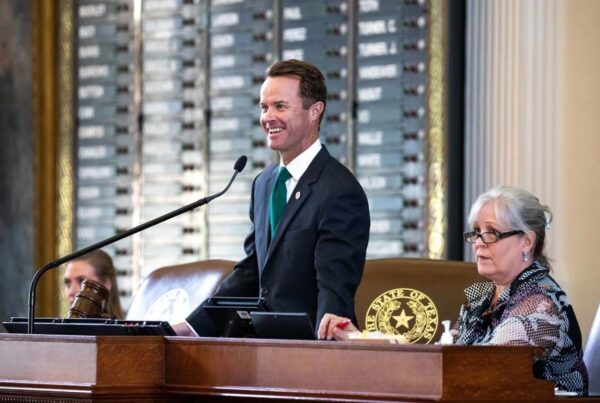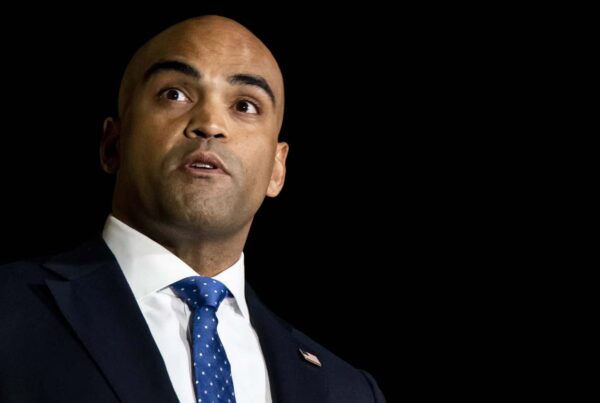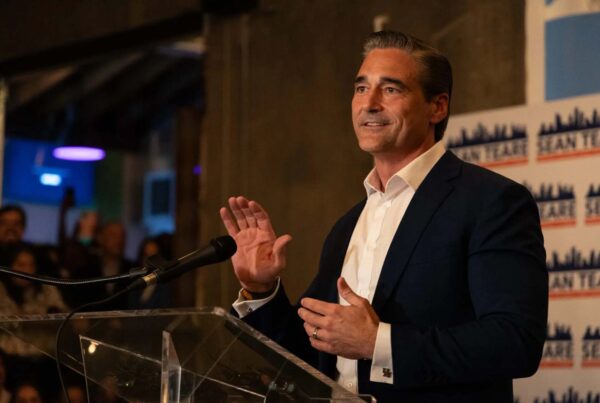From KERA News:
Three judges on the Texas Court of Criminal Appeals were ousted by candidates endorsed by Attorney General Ken Paxton, who targeted the court after it ruled against him in a 2021 case.
Former Dallas appeals court justice David Schenck, Waco attorney Gina Parker and Richardson attorney Lee Finley were projected to defeat incumbents for the Presiding Judge, Place 7 and Place 8 seats on the state’s highest criminal court, according to the Associated Press.
This year’s primary presented the first opportunity for Paxton to attempt to oust some of the eight judges who ruled in 2021 the attorney general cannot unilaterally prosecute election law violation cases without district attorney permission.
Paxton has decried the ruling for years, arguing the court stripped him of his right to prosecute what he says is rampant voter fraud in the state.
Schenck, now an attorney with Dykema Gossett, ran against Presiding Judge Sharon Keller. Schenck was ahead of Keller with about 62% of votes, according to unofficial results from the Texas Secretary of State’s website early Wednesday morning.
Parker challenged Place 7 Judge Barbara Hervey. Parker was ahead of Hervey with about 66% of votes early Wednesday.
In the race for Place 8, Finley led with about 53% of votes over incumbent Judge Michelle Slaughter Wednesday morning.
While Schenck declined to comment on the merits of the Texas v. Stephens case in a KERA News interview, he said the attention Paxton has generated around the race helps bring awareness to Schenck’s other problems with the court, like how slowly he says the court issues its opinions.
“I just think the big picture is it’s healthy in a system where we have elections for judges for people to be able to say what they think about what the judges are doing and what their work product — whether it’s correct or incorrect, and that’s fine,” Schenck said.
Keller, who has been in office since 1994, told KERA News she wasn’t as confident in her chances of reelection leading up to the primary because of misinformation around the Stephens ruling.
“If our challengers win, that will encourage more people to try to affect or have an influence on our opinions and to challenge judges on the basis of one opinion they don’t like,” she said. “So, I think it’s an important election, not just for our court and how it proceeds, but for the judiciary in general.”
Neither the candidates nor the incumbent judges immediately responded to KERA News requests for comment Tuesday night.
Texans for Responsible Judges, a PAC with ties to the attorney general, endorsed all three challengers, while Texans for Lawsuit Reform and other PACs backed the incumbents.
The Court of Criminal Appeals races are not the only case of Paxton or his supporters retaliating against what he sees as his political opponents — the attorney general backed the primary challenger in races against House members who voted for his impeachment last year.
The races have put a spotlight on the role of partisan politics in normally quiet races. Brandon Rottinghaus, a political science professor at the University of Houston, said judges’ low political profiles can make it easier to pit candidates against them — especially in a field where appearing impartial is key.
“By their nature, the people who sit on these benches are unable to say and do certain things politically because there’s a code of ethics that prohibits them from doing that,” he said. “So, in effect, they can’t be as strong in their own defense as a candidate who is running for a state House seat.”


